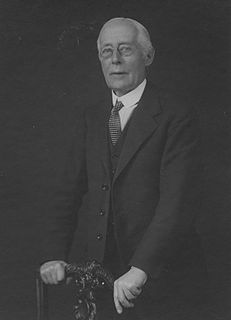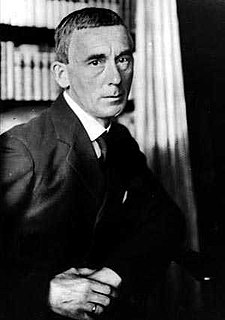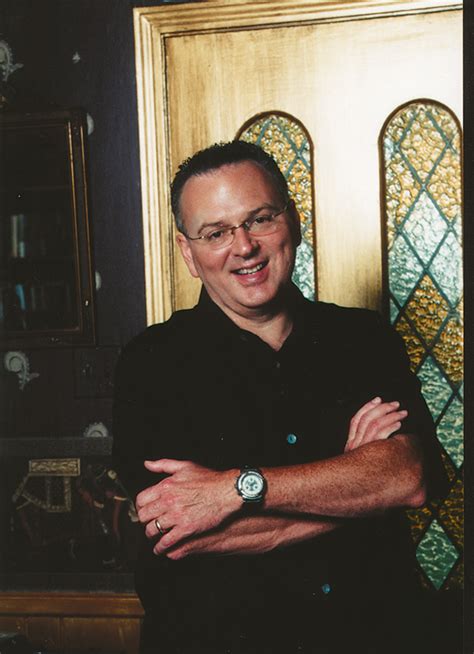A Quote by Rob Bell
The ancient Hebrews had a word for this awareness of the importance of things. They called it kavod. Kavod originally was a business term, referring to the heaviness of something, which was crucial in weights and measures and the maintaining of fairness in transactions. Over time the word began to take on a more figurative meaning, referring to the importance and significance of something.
Related Quotes
Each thing has its word, but the word has become a thing by itself. Why shouldn't I find it? Why can't a tree be called Pluplusch, and Pluplubasch when it has been raining? The word, the word, the word outside your domain, your stuffiness, this laughable impotence, your stupendous smugness, outside all the parrotry of your self-evident limitedness. The word, gentlemen, is a public concern of the first importance.
.. the word ecology, coined by the German biologist and philosopher Ernst Haeckel (initially as oecology) in 1866. derives from the Greek oikos, "referring originally to the family household and its daily operations and maintenance." The term ecology is therefore intended to refer to the study of the conditions of existence that pertain to, and the interactions between, all the entities that make up our larger, cosmic household here upon earth.
They were indeed what was known as 'old money', which meant that it had been made so long ago that the black deeds which had originally filled the coffers were now historically irrelevant. Funny, that: a brigand for a father was something you kept quiet about, but a slave-taking pirate for a great-great-great-grandfather was something to boast of over the port. Time turned the evil bastards into rogues, and rogue was a word with a twinkle in its eye and nothing to be ashamed of.
A tease is a con. You press a spot because you know that it can be pressed, and while the sucker is feeling the pleasure or the pain resulting from the pressure, you take something from him. ...A flirt doesn't do that. A flirt does a dance within the context of giving pleasure. Referring to this, referring to that. And suddenly, following the references, you find a little surprise. Nothing enormous. Nothing like 'Feed on me.' Nothing like that. Something small with a bow on it. It's a pleasure. A surprise, and a *gift*.
There have always been dreamers. Men and women who catch a glimpse of something beyond themselves who dare to reach for goals and visions. .. Yet no earthly dreamer can match the greatest of them all, the Dreamer who died on the cross to make His dream a reality. John 1:1 says, "In the beginning was the Word." The literal meaning of logos, the original Greek term translated as "Word," is idea, thought or blueprint. It is an ancient Greek theatrical term describing the work of a playwright as he conceives, or dreams up, the plot of a play. So we could say, "In the beginning was the dream".
the word 'justification' has itself had a chequered career over the course of many centuries of debate. As the major historian of the doctrine has noted, the word has long since ceased to mean, in ecclesial debates, what it meant for Paul himself - which is confusing, since the debates have gone on referring to Paul as though he was in fact talking about what they want to talk about. It is as though the greengrocer treated you to a long discussion of how onions are grown, and how best to cook with them, when what you had asked was how much he would charge for three of them.
Now, some people might look at something and let it go by, because they don't recognize the pattern and the significance. It's the sensitivity to pattern recognition that seems to me to be of great importance. It's a matter of being able to find meaning, whether it's positive or negative, in whatever you encounter. It's like a journey. It's like finding the paths that will allow you to go forward, or that path that has a block that tells you to start over again or do something else.


































